leaves for compost?
Bleekman
11 years ago
Related Stories

GARDENING GUIDESGet on a Composting Kick (Hello, Free Fertilizer!)
Quit shelling out for pricey substitutes that aren’t even as good. Here’s how to give your soil the best while lightening your trash load
Full Story
FALL GARDENING5 Ways to Put Fall Leaves to Work in Your Garden
Improve your soil and yard the organic way with a valuable garden booster that grows on trees
Full Story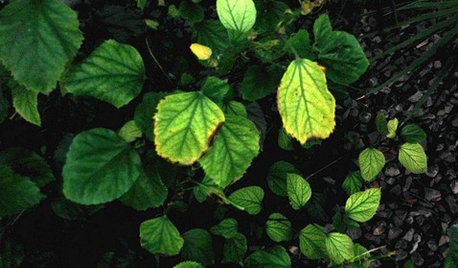
GARDENING GUIDESWhat's Wrong With My Plant? Leaves Often Hold the Clues
Learn how to identify common plant ailments by reading their leaves
Full Story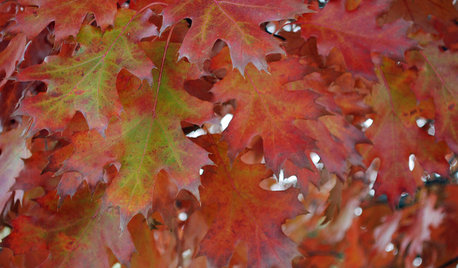
GARDENING GUIDES6 Healthy Ways to Handle Fallen Leaves
Once nature's beautiful bounty is spent, these ecofriendly strategies for leaves will put your yard in the clear
Full Story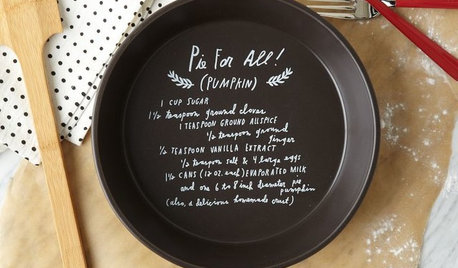
PRODUCT PICKSGuest Picks: Fall Entertaining Favorites
Make autumn feasts a piece of cake with chic compostable plates, pretty glasses, pie accessories and more
Full Story
GARDENING GUIDESHouzz TV: Make a Worm Bin for Rich Soil and Happy Plants
A worm-powered compost bin that can fit under a sink turns food scraps into a powerful amendment for your garden. Here’s how to make one
Full Story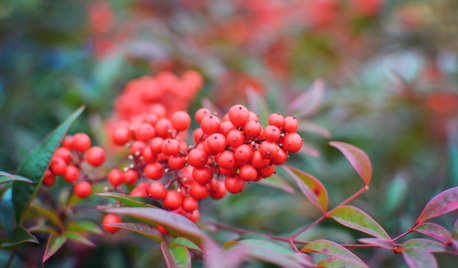
GARDENING GUIDESMid-Atlantic Gardener's January Checklist
Scatter berries while ye may, be kind to your fair-feathered friends and try a time-saving compost trick that will keep you out of the cold
Full Story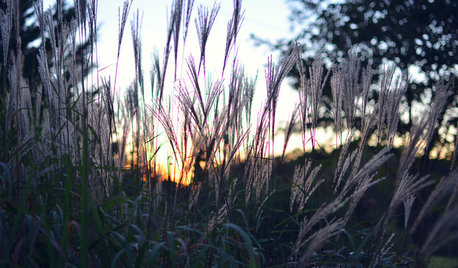
GARDENING GUIDESMid-Atlantic Gardener's November Checklist
Winding down for winter means prepping, potting, piling and picking an indoor solution for daily compost
Full Story0
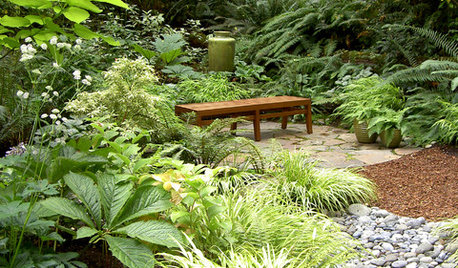
GARDENING GUIDESGreat Garden Combo: 6 Beautiful Plants for a Shady, Wet Site
Transform a shade garden with moisture-loving golden grasses, textural leaves and a sprinkling of flowers
Full Story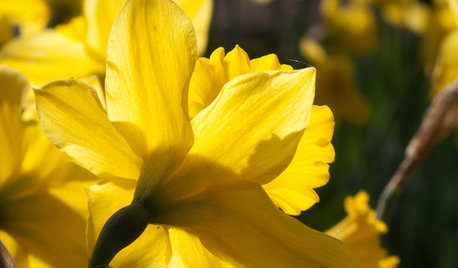
GARDENING GUIDESPacific Northwest Gardener's October Checklist
Break up tidying time by planting spring bulbs, tending to veggies and giving leaves a rich new life
Full Story0
Sponsored
Columbus Design-Build, Kitchen & Bath Remodeling, Historic Renovations
More Discussions







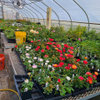
david52 Zone 6
Skybird - z5, Denver, Colorado
Related Professionals
Piqua Landscape Architects & Landscape Designers · South Elgin Landscape Architects & Landscape Designers · Athens Landscape Contractors · Broadlands Landscape Contractors · Cupertino Landscape Contractors · Dixon Landscape Contractors · Doctor Phillips Landscape Contractors · Golden Gate Landscape Contractors · Longview Landscape Contractors · Mercedes Landscape Contractors · Oklahoma City Landscape Contractors · Markham Landscape Contractors · Ferguson Landscape Contractors · Forest Park Solar Energy Systems · East Hanover Solar Energy Systemsmargaretmontana
david52 Zone 6